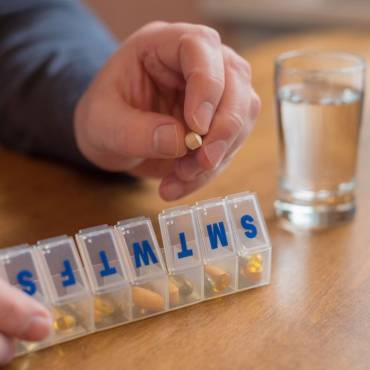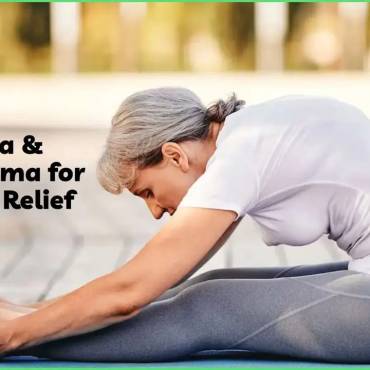Sometimes you get a cramp during a regular workout session, but it can also affect you when your body part has remained frozen in one position for a long time. Fortunately, there are muscle cramps treatment that helps to relieve pain.
Whether you call them cramps, spasms, or just a pain puts a restriction on you from continuing with your daily workout. They usually strike without warning and are likely to affect your calf muscles, quads, hamstrings, abs, and arms. There are plenty of things that care the culprits, and these include dehydration, not stretching enough, having poor blood circulation, or just fatiguing your core muscles. Spasms can occur up to six hours after exercising, or in the middle of the night.
If you are a runner by profession or an athlete, you have probably been stopped while running on a track by a spasm in your calf, or a tremor that constricts your hamstring. Muscle cramps are common in runners, cyclists, swimmers, and lifters alike. Cramps are not well understood, but researchers and scientists revealed that cramps are involuntary painful muscle contraction that occurs suddenly from changes in motor neuron excitability or random discharges of motor nerves.
What to do when you get a Cramp?
Cramps usually occur during or after an intense workout, and it can also hit at an end or during endurance events because fatigued muscles are more likely to contract painfully. Athletes are more likely to get cramps as they fatigue more in comparison with other people who usually exercise. By taking the necessary precautions, you will be able to avoid necessary cramps. In addition, carefully plan your carbohydrate intake, electrolytes, and fluids to prevent muscle spasms. Read on to discover some tips to combat the causes of cramps, alleviating pain when they strike and keeping them from occurring again and again.
- Warm-up is necessary- Always warm up by stretching your muscles. This will optimize your exercise performance and reduce your chances of straining muscles. Stretching is a way to prime major muscle groups, improving the blood flow to the areas to prepare your body for a high level of an intense workout.
- Hydration is the key- Stay well hydrated during the day before and after you work out. When you are dehydrating, your body loses fluids and electrolytes like sodium and potassium. This disrupts the electrolyte balance in your body, which in turn increases the excitability of your nerves and cause your muscles to spasm. You can also switch to electrolyte-carb beverage especially during long workouts when you are more likely to get fatigued. There are numerous benefits of preventing dehydration; however, studies have produced mixed results; some find no association while others reveal that drinking enough water can prevent or delay muscle cramps. Hence, consuming adequate fluid during exercise will improve performance. Hydration is the best treatment for muscle cramps.
Also Read: 6 Tips to Avoid Muscle Cramps
- Balance carbohydrates- A reduction in carbohydrate will also contribute to muscle cramps. Carbohydrates are considered as the primary fuel used during physical activities. The vital element stored in the form of glycogen in our muscles to provide the energy for strenuous physical activity. Once your body has been exhausted of the stored glycogen, you will be more likely to get a muscle cramp. When there is not enough fuel in our body, and still, we continue to run, lift cycling, or doing any other strenuous physical activity, muscle relaxation is impaired, and the cramps occur. It is believed that within 60 to 90 minutes of a workout session, depletion of glycogen stores happens. Therefore, it is a wise decision to consume a beverage during a workout that lasts longer than 60 to 90 minutes. Make sure you eat a carbohydrate-rich meal or a snack before an intense workout. A muscle cramp is an uncontrollable and painful contraction of muscles. The causes of cramps are still not known, but certain risk factors may include dehydration, not getting enough carb, and muscle fatigue. One can quickly reduce the severity of a cramp by gently stretching the muscles. Following these tips is well worth it to prevent a muscle cramp.



